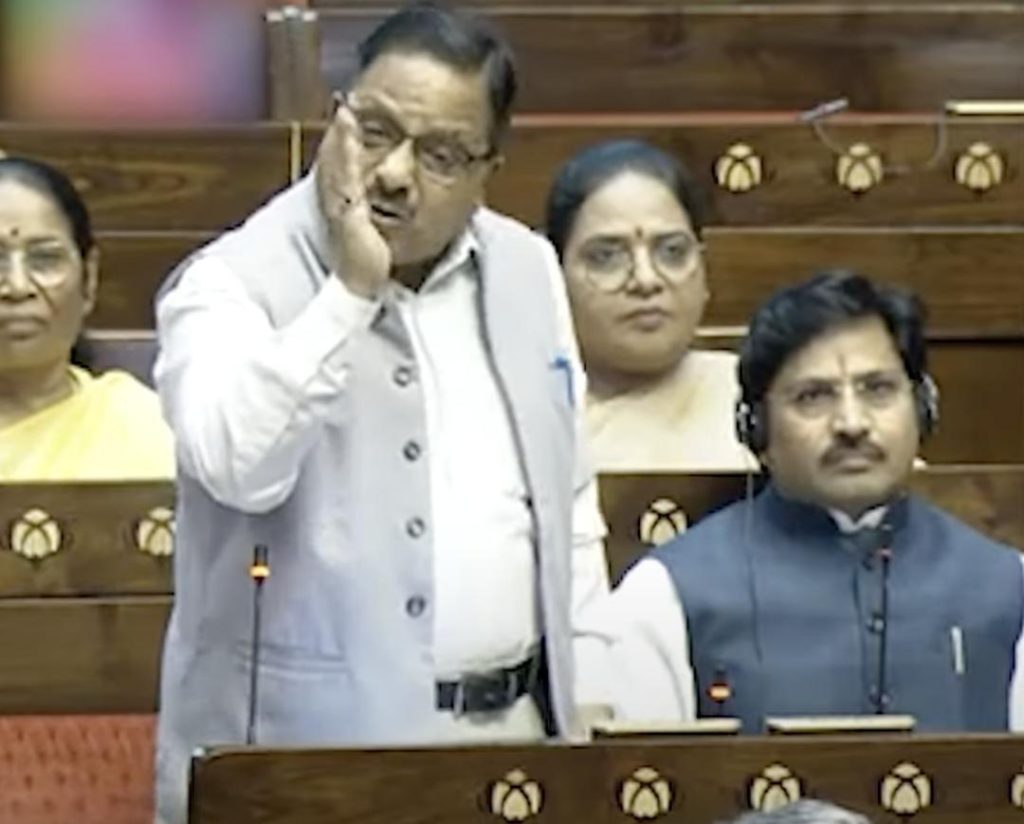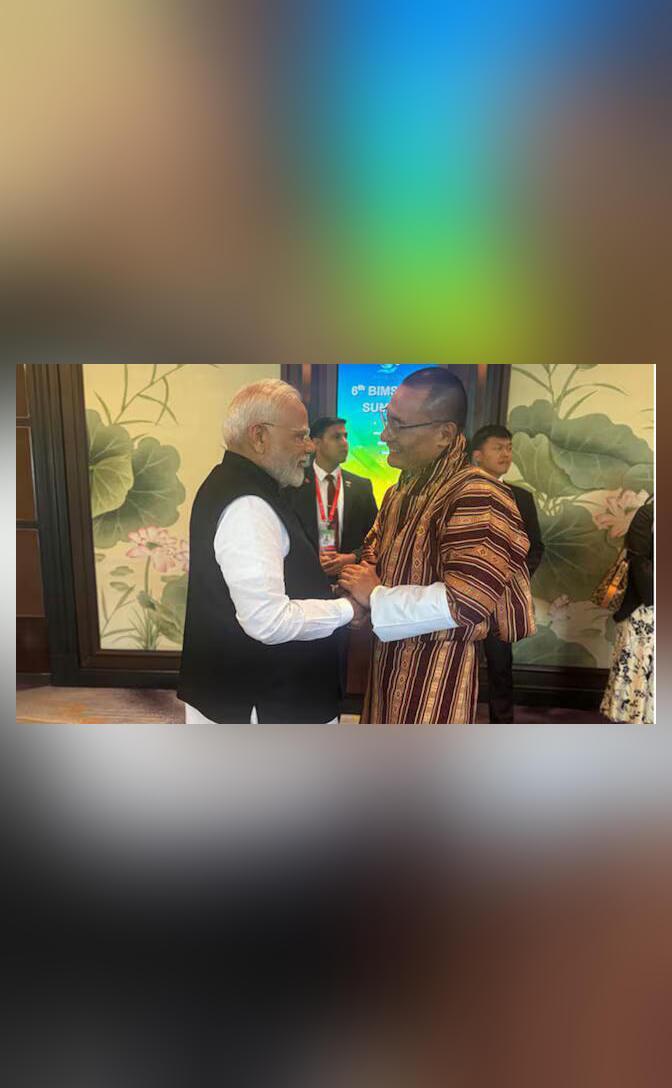
Should I Read the Quran and Tell You What’s Written in It: BJP MP Radha Mohan Das on Waqf Bill
In a recent development, a heated debate erupted during the discussion on the Waqf Bill in the Parliament, with BJP MP Radha Mohan Das asking a provocative question that has left many wondering. The MP from Uttar Pradesh asked if he should read the Quran and share its contents with the public, sparking a controversy that has attracted widespread attention.
The context of the debate was the Waqf Bill, which aims to reform the management of Waqf properties, which are religious endowments that are managed by the Waqf Board. The Bill seeks to bring transparency and accountability to the management of these properties, which are valued at over Rs 1 lakh crore.
During the discussion, Radha Mohan Das questioned the Waqf Board’s handling of these properties, saying that they had many assets without proper records. He then asked a rhetorical question, “Should I read the Quran and tell you what’s written in it?”
To understand the context of his question, it’s essential to know what the Quran says about financial transactions. In the Quran, there is a verse that states, “O you who believe! When you contract a debt for a fixed period, write it down” (Quran 2:282). This verse emphasizes the importance of written records when it comes to financial transactions.
Radha Mohan Das, while referring to this verse, said, “The Quran says that even if one rupee is given to anyone, there should be a written record…And you say you have so many properties without a record.” He was highlighting the importance of maintaining written records, as emphasized in the Quran, and questioning the Waqf Board’s lack of transparency in managing their properties.
The MP’s statement has sparked a mixed reaction from various quarters. While some have appreciated his attempt to bring transparency and accountability to the Waqf Board’s management, others have criticized him for making a provocative statement that may be perceived as an attack on Islam.
Many have argued that Radha Mohan Das’s statement was not only unnecessary but also disrespectful to the religious sentiments of Muslims. They point out that the Quran is a sacred book that should be treated with respect, and that it is not appropriate to quote it out of context or use it to make a political point.
On the other hand, some have defended Radha Mohan Das’s statement, saying that he was simply highlighting the importance of transparency and accountability in the management of Waqf properties. They argue that his statement was not intended to be an attack on Islam or the Quran, but rather a call for greater accountability in the management of these properties.
The debate has also raised questions about the role of religion in politics. While it is undeniable that religious beliefs and values play an important role in shaping individual and collective behavior, it is equally important to recognize that religion should not be used as a tool for political gain or to attack others.
In conclusion, Radha Mohan Das’s statement about reading the Quran and sharing its contents has sparked a controversy that has highlighted the importance of transparency and accountability in the management of Waqf properties. While his statement has been criticized by some for being provocative and disrespectful, it has also been defended by others for highlighting the need for greater accountability.
As we continue to debate the Waqf Bill and the role of religion in politics, it is essential to approach these issues with sensitivity and respect. We must recognize that religion is a personal matter that should not be used as a tool for political gain or to attack others. At the same time, we must also recognize the importance of transparency and accountability in the management of public properties, including Waqf properties.
News Source:
https://www.youtube.com/watch






